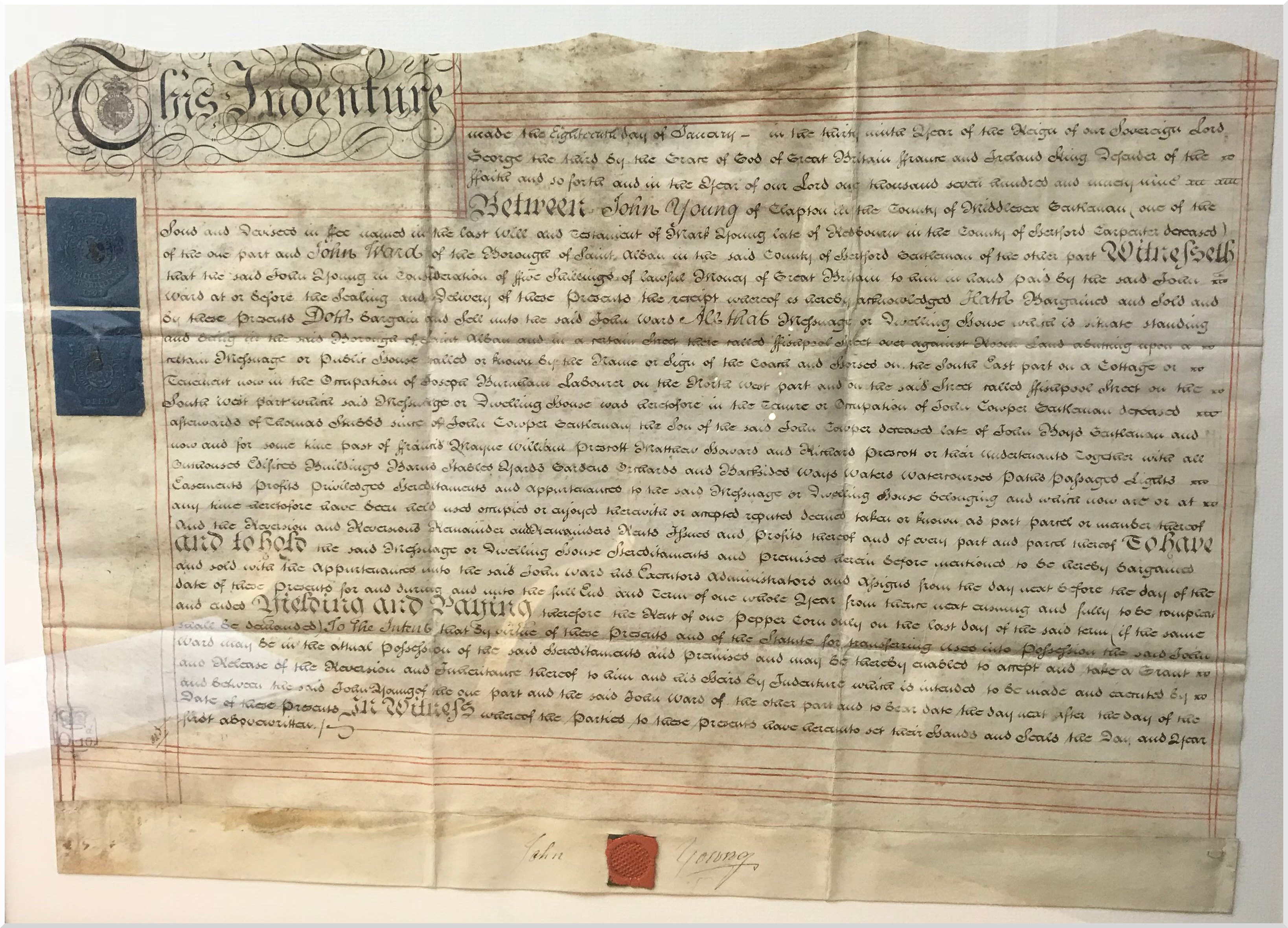When legal matters come before the Courts, decisions are arrived at according to the evidence presented. What many people do not realise is that statements they make on Facebook, text messages they send, or photographs they post on Instagram can (and will) be admitted into proceedings as evidence, often with far-reaching consequences.
With their sometimes compulsive use of social media, more and more people are being caught out by what they post online. A seemingly harmless and flippant comment, status update, or photograph posted online only a short time ago can look entirely different when examined under the microscope of a divorce hearing, employment dispute, or trial for sexual assault. And although many social media platforms have privacy settings, stating only ‘friends’ can see the post, we should be aware that those ‘friends’ may happily share the social media post with the court in order to bolster their position or try to damage their opponent’s.
A case heard at the Court of Appeal in December, 2017, quashed the rape conviction of a Derbyshire man who had already spent two years in jail for the alleged offence. New evidence in the man’s Facebook account enabled defence lawyers to convince the Court that the jury had been given an edited and misleading account of events by the woman involved, leading to the man’s release from prison and the quashing of his four and a half year sentence.
Little of what anyone chooses to post online now remains private. Social media in itself is designed for sharing. So remember, you should think twice about exactly what you are posting online. Should you one day find yourself in Court, even private messages may not remain that private for long.
Bretherton Law has been serving the people of Hertfordshire for over 50 years, and we have built an enviable reputation for our professional service and honest advice.
Call us on 01727 869293, or make an appointment online.





